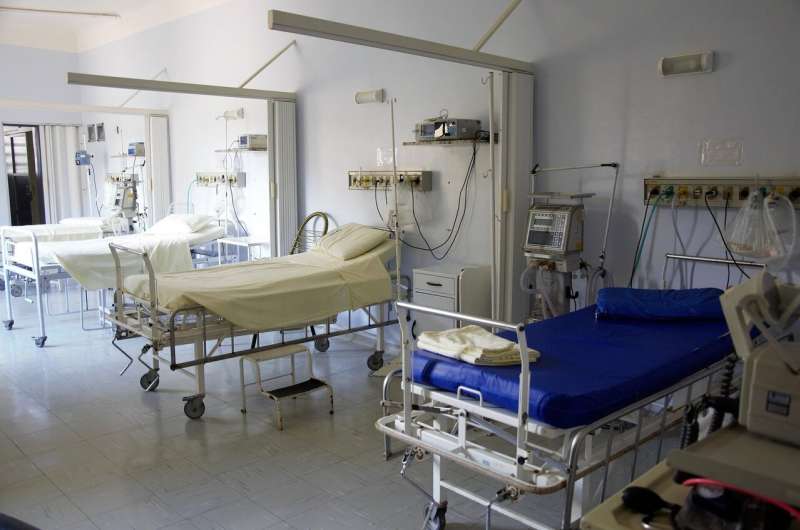Fear of stigma may lead to shorter paternity leave among surgical residents

Paternity leave can benefit all members of a family, with studies showing that it can improve the bond between father and child as well as maternal mental health and postpartum recovery. But less than half of surgical program directors in the United States have reported that their institution has a formal paternity leave policy. A new study led by investigators from Brigham and Women's Hospital surveyed surgical program directors to understand attitudes and perceptions around paternity leave, finding that stigma against male residents taking parental leave was common and that men often did not take the full amount of time offered for leave. Results are published in JAMA Surgery.
"As surgeons, we're used to putting on a strong front and pushing through, but it's important for us to create awareness of struggles around personal, family and parenthood needs," said lead author Manuel Castillo-Angeles, MD, MPH, of the Brigham's Division of Trauma, Burn, and Surgical Critical Care in the Department of Surgery and the Brigham's Center for Surgery and Public Health (CSPH). "In surgical culture, work is often prioritized over personal needs and despite a desire to take longer leave, male residents are feeling pressured not to do so."
"Changes around paternity leave could benefit all of us," said corresponding author Erika Rangel, MD, MS, of the Brigham's Division of General and Gastrointestinal Surgery and CSPH. "Collectively, supporting parental leave for all genders and all methods of becoming a family may help sustain the longevity of our surgical workforce."
To conduct their study, Castillo-Angeles, Rangel and colleagues interviewed 40 general surgery program directors from Accreditation Council for Graduate Medical Education (ACGME)-accredited U.S. General Surgery training programs between October 2018 and June 2019. Questions focused on the presence of defined leave policies, barriers for directors against implementation of leave, perceived impact of leave on residents' quality of work and the challenges of providing mentorship for work-life integration.
Five major themes emerged from the interviews:
- Poorly defined policies: Only half of the programs provided paternity leave to residents and many did not have explicit leave policies for new fathers. Those that did provided an average of one week of time off. In many cases, policies were only established after a resident took the initiative to implement them.
- Stigma against male residents: Stigma around taking parental leave was common. Directors believed stigma against taking time to bond with a new child was greater for men than for women, and several perceived there would be greater repercussions for male residents who took parental leave of similar duration than for their female counterparts.
- Underutilized: Residents frequently did not use paternity leave or took off fewer days than allowed.
- Minimal impact: Paternity leave had little-to-no impact on colleagues' workloads due to the brevity of time taken.
- Desire for longer leave: Directors reported that male residents desired longer paternity leave and equity among childbearing and nonchildbearing parents.
The research team intentionally limited their study to the viewpoints of program directors but acknowledged that additional studies are needed to understand the perspectives of surgical trainees. Additional studies of surgeons in same-sex relationships and the parenting experiences of lesbian, gay, transgender, and queer surgeon trainees, including adoption and surrogacy, may also help to more inclusively capture the needs and perspectives of surgeons.
The American Board of Surgery recently updated its family leave policy to include four weeks of parental leave for both childbearing and nonchildbearing residents. But the authors note that more work remains to be done.
"We're starting to see a trajectory where policy comes first, support from leadership comes next and then a cultural shift follows," said Rangel. "As people begin to recognize how important parental leave is—not just maternity leave—we hope that it's going to become more and more accepted."
More information: Paternity Leave During Surgical Training: Perspectives of General Surgery Program Directors, JAMA Surgery (2021). DOI: 10.1001/jamasurg.2021.6223



















